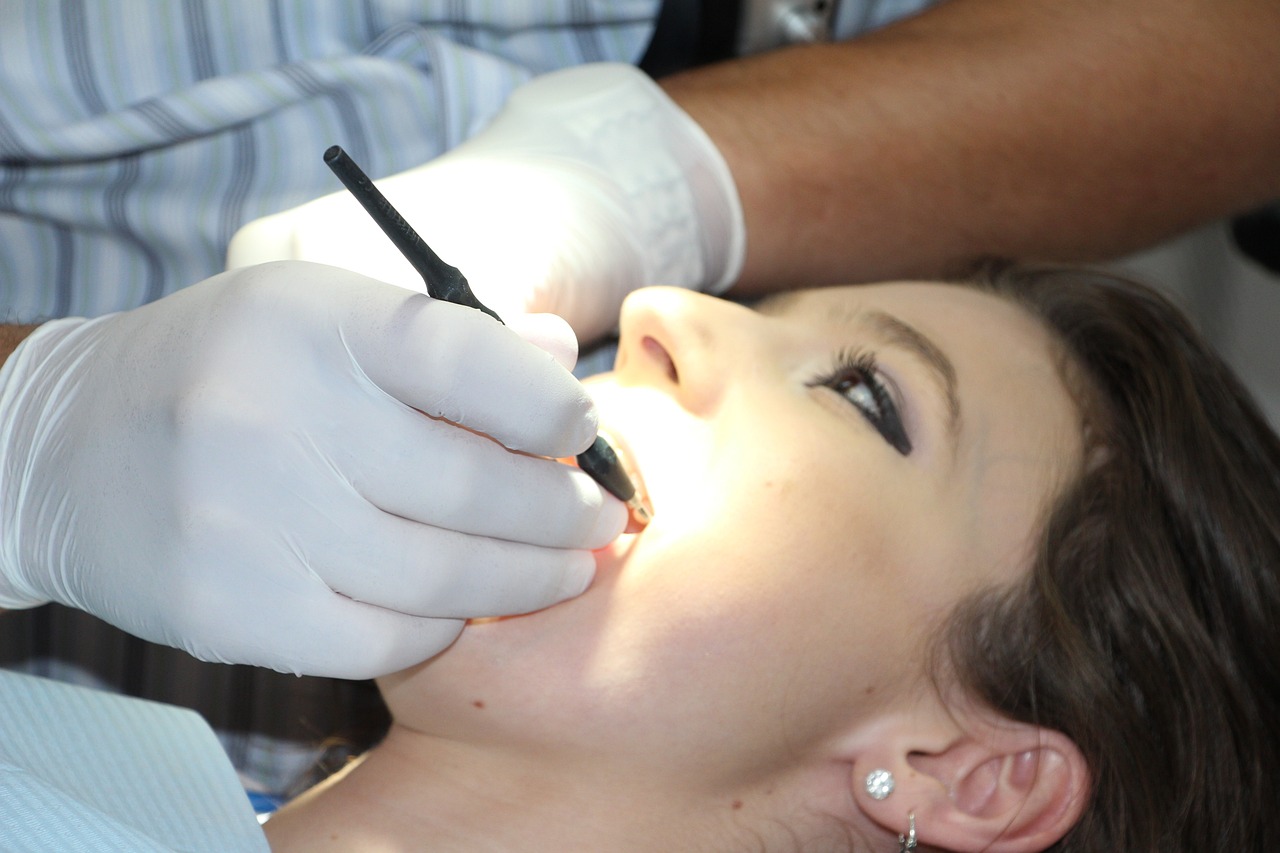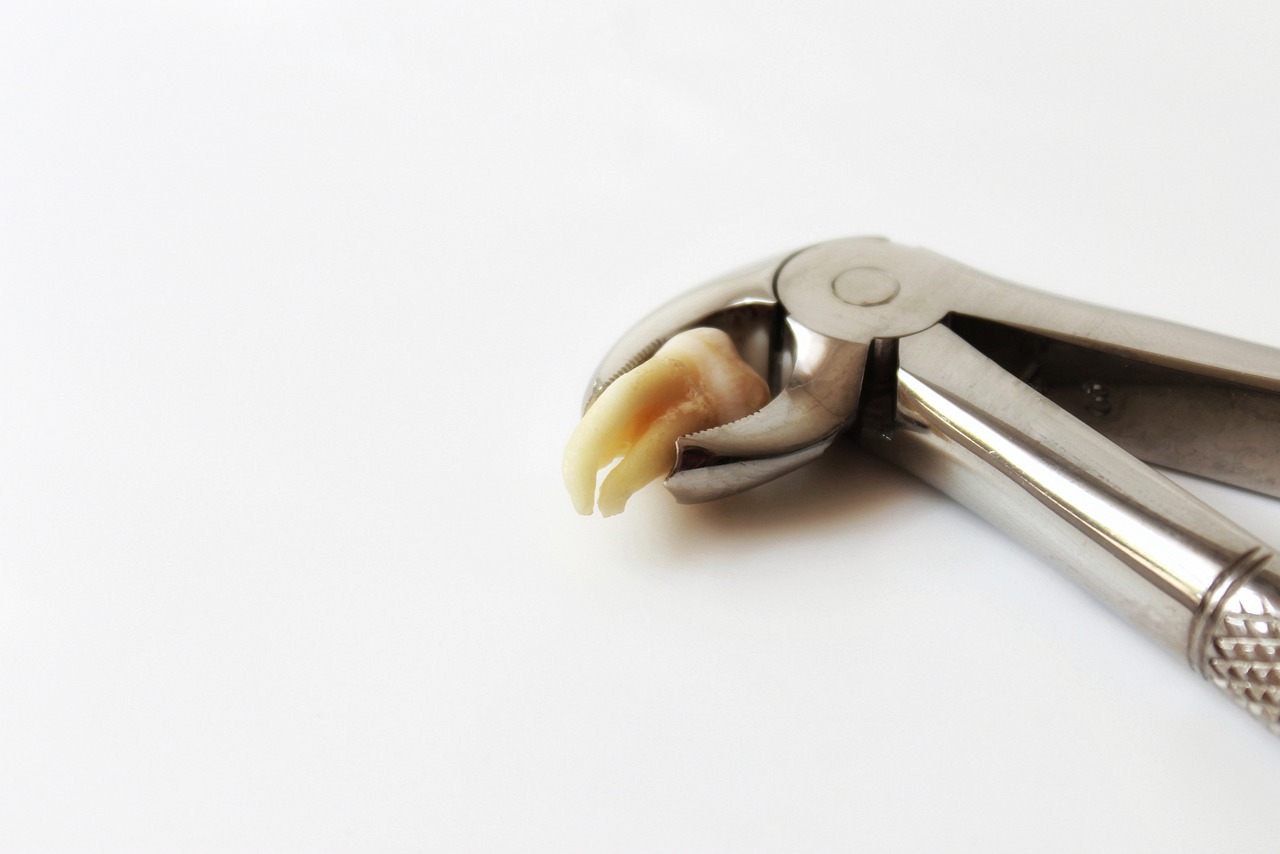Removal of Wisdom Teeth -
The removal of wisdom teeth, also known as third molars, is typically performed by oral and maxillofacial surgeons or general dentists with training in oral surgery. The choice of who removes your wisdom teeth can depend on various factors, including the complexity of the extraction and your personal preferences.
If your wisdom teeth are not causing any pain, discomfort, or other issues, and they are coming in properly without impaction or crowding, your dentist may not recommend immediate removal. In some cases, individuals can keep their wisdom teeth without any problems.

Why Choose Us?
- Expert dental care with a personal touch
- State-of-the-art facilities for a comfortable experience
- Tailored treatment plans for optimal results
Ready to transform your smile? Schedule a consultation with Dr. Tejal Thorve. Your journey to a brighter smile starts here! Best dental clinic in dombivli east, mumbai.
Even if your wisdom teeth are not currently causing pain, there are several reasons why dentists might recommend their removal:
- Impaction: Wisdom teeth often don’t have enough space to fully emerge or align properly. This can lead to impaction, where the tooth is partially or completely trapped beneath the gum line. Impacted teeth can cause pain, and swelling, and increase the risk of infection.
- Crowding: The presence of wisdom teeth can lead to crowding of the existing teeth, disrupting the alignment of your bite.
- Infection and Gum Disease: Wisdom teeth can be difficult to clean properly, increasing the risk of cavities, gum disease, and infections.
- Difficulty in Cleaning: Due to their location, wisdom teeth can be difficult to clean effectively. Proper oral hygiene becomes more challenging, making these teeth more prone to decay and gum problems.
- Cysts and Tumors: In some cases, cysts or tumors can form around impacted wisdom teeth, potentially causing damage to surrounding structures like bone.
Even if your wisdom teeth are not causing pain, it’s advisable to consult with a dentist or oral surgeon for an evaluation. They may use X-rays to assess the positioning of your wisdom teeth and determine if there are potential issues that could arise in the future. In some cases, early removal is recommended to prevent complications.
Who can remove wisdom teeth?
- Oral and Maxillofacial Surgeons: These are dental specialists who undergo extensive training in surgery, including the removal of wisdom teeth. They are well-equipped to handle complex cases, including impacted or partially erupted wisdom teeth.
- General Dentists: Some general dentists also have the training and experience to perform routine wisdom teeth extractions. They may handle less complicated cases and refer more complex cases to oral surgeons.When deciding who will remove your wisdom teeth, consider the following:
- Complexity of the Extraction: If your wisdom teeth are impacted, misaligned, or require surgical intervention, an oral and maxillofacial surgeon may be the preferred choice.
- Personal Comfort and Trust: It’s important to feel comfortable and confident with the professional who will perform the procedure. You can discuss your concerns and preferences with your dentist or oral surgeon to make an informed decision.
- Referral: Your general dentist may refer you to an oral surgeon if they believe the extraction requires specialized expertise. Alternatively, some general dentists are experienced in performing routine extractions.
The decision to remove wisdom teeth is often based on a combination of factors, including their position, potential for future issues, and the overall oral health of the individual. Regular dental check-ups and X-rays allow dentists to monitor the development of wisdom teeth and recommend removal if it becomes necessary to prevent future complications.
It’s generally easier to address potential problems before they cause pain or more extensive damage. If you have concerns about your wisdom teeth, it’s best to consult with your dentist for personalized advice based on your specific situation.
It’s worth noting that not everyone needs their wisdom teeth removed, and some people may have sufficient space and proper alignment for these teeth to emerge without causing problems. The decision to remove them should be made on a case-by-case basis after a thorough examination by a dental professional.
Before the extraction, your chosen dental professional will typically evaluate your oral health, take X-rays, and discuss the procedure, anesthesia options, and post-operative care with you. If you have any concerns or questions about the removal of your wisdom teeth, it’s advisable to have a detailed discussion with your dentist or oral surgeon. They can provide personalized recommendations based on your specific case and needs.
Final Thoughts
It’s worth noting that not everyone needs their wisdom teeth removed, and some people may have sufficient space and proper alignment for these teeth to emerge without causing problems. The decision to remove them should be made on a case-by-case basis after a thorough examination by a dental professional.
Before the extraction, your chosen dental professional will typically evaluate your oral health, take X-rays, and discuss the procedure, anesthesia options, and post-operative care with you. If you have any concerns or questions about the removal of your wisdom teeth, it’s advisable to have a detailed discussion with your dentist or oral surgeon. They can provide personalized recommendations based on your specific case and needs. If you are unsure about whether you should have your wisdom teeth removed, especially if they are not currently causing any pain, schedule a consultation at Care and Cure Dental Clinic at Dombivli East, Mumbai to discuss your options.


